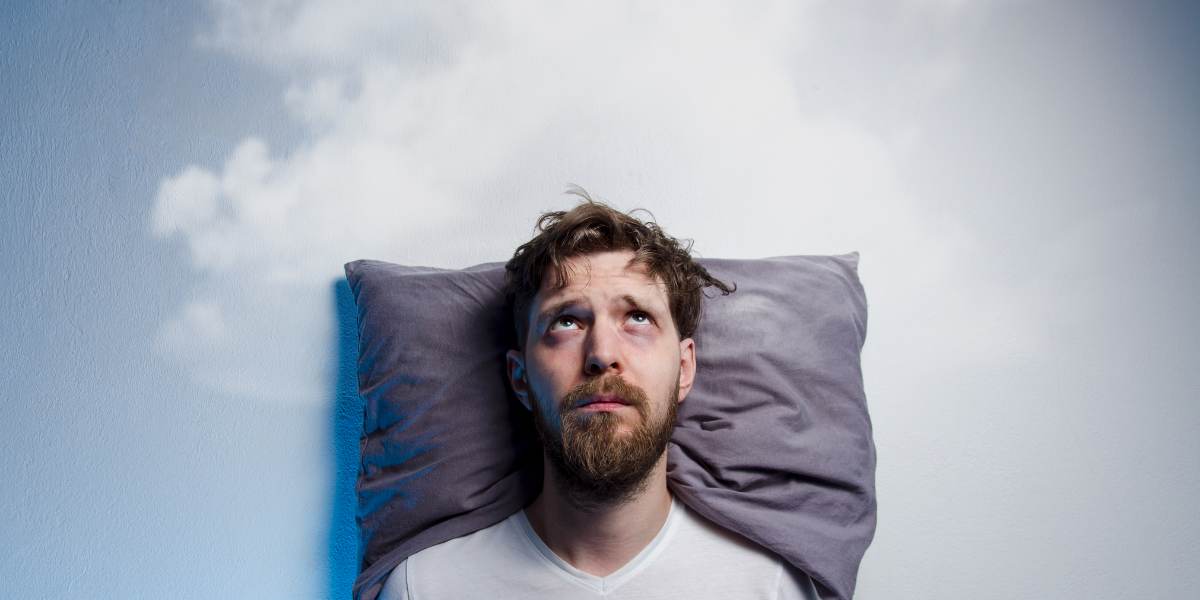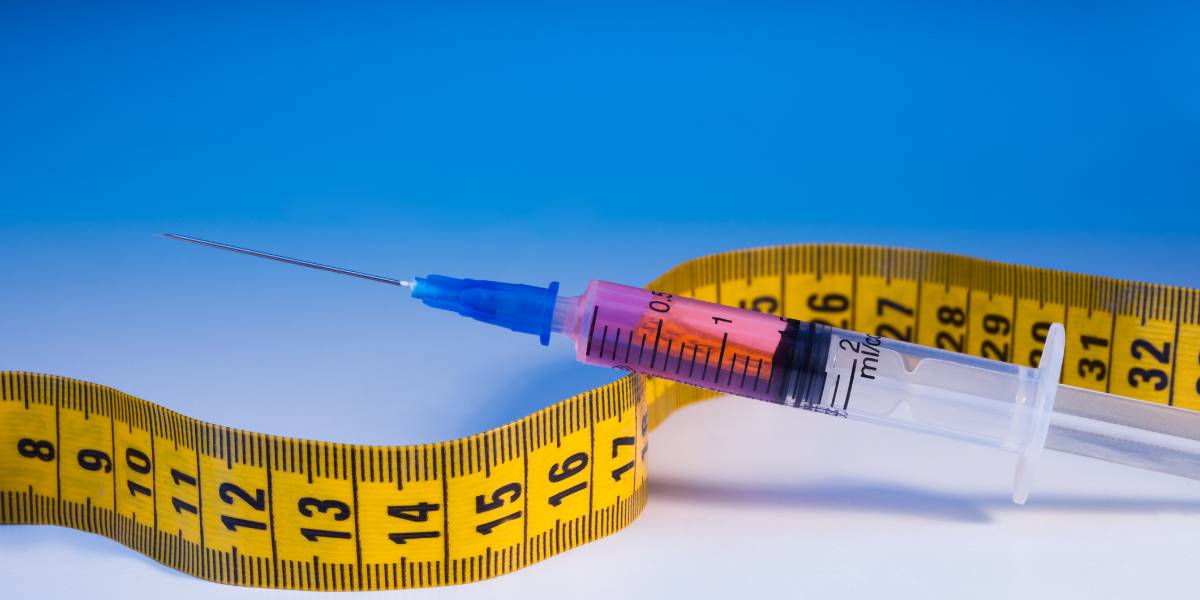Researchers looking into the link between poor sleep and depression risk say that getting less than five hours of sleep a night could “precede” symptoms of depression.
The relationship between sleep and mental health problems is well known but experts are not sure if poor sleep causes depression or vice versa.
Now researchers say their findings show that not getting enough sleep could come before the onset of symptoms of depression.
- Snacking before sleep can lead to weight gain and feeling hungrier the next morning
- Microbiome: small changes in sleep patterns linked to harmful gut bacteria
- Sleep quality lowest in people from Asia, study shows
First author Odessa Hamilton, a PhD candidate at University College London, said: “We have this chicken or egg scenario between suboptimal sleep duration and depression. They frequently co-occur, but which comes first is largely unresolved.
“Using genetic susceptibility to disease we determined that sleep likely precedes depressive symptoms, rather than the inverse.”
Prior research has shown that in terms of depression, it is around 35% heritable, while genetic variations account for around 40% of the differences in sleep duration.
The research team analysed data from just over 7,100 people and found that those who were genetically predisposed to getting less sleep – less than five hours a night – were more at risk of developing depression over four to 12 years.
They also found there was no increased risk of poor sleep for those people who were more genetically predisposed to depression.
Odessa Hamilton said: “My advice would be to prioritise sleep and to avoid sleep procrastination. There’s this common saying in genetics that genes load the gun and environment pulls the trigger.
- Chatbots help people make better decisions about exercise, diet and sleep
- Perceptions of sleep quality influences next-day mood
- Poor sleep linked to elevated HbA1c in people with type 2 diabetes
You might be genetically predisposed to this, but you can take steps to mitigate the risk.”
The average amount of sleep across the study group was seven hours. At the start of the study, just over 10% of the group got less than five hours’ sleep – this increased to more than 15% by the end of the study.
Around 9% of the participants had symptoms of depression at the starts of the study, rising to 11%.
The key finding was that people getting five hours or less of sleep a night were 2.5 times more likely to develop symptoms of depression, while those with depression symptoms were around a third more likely to experience shorter sleep.




